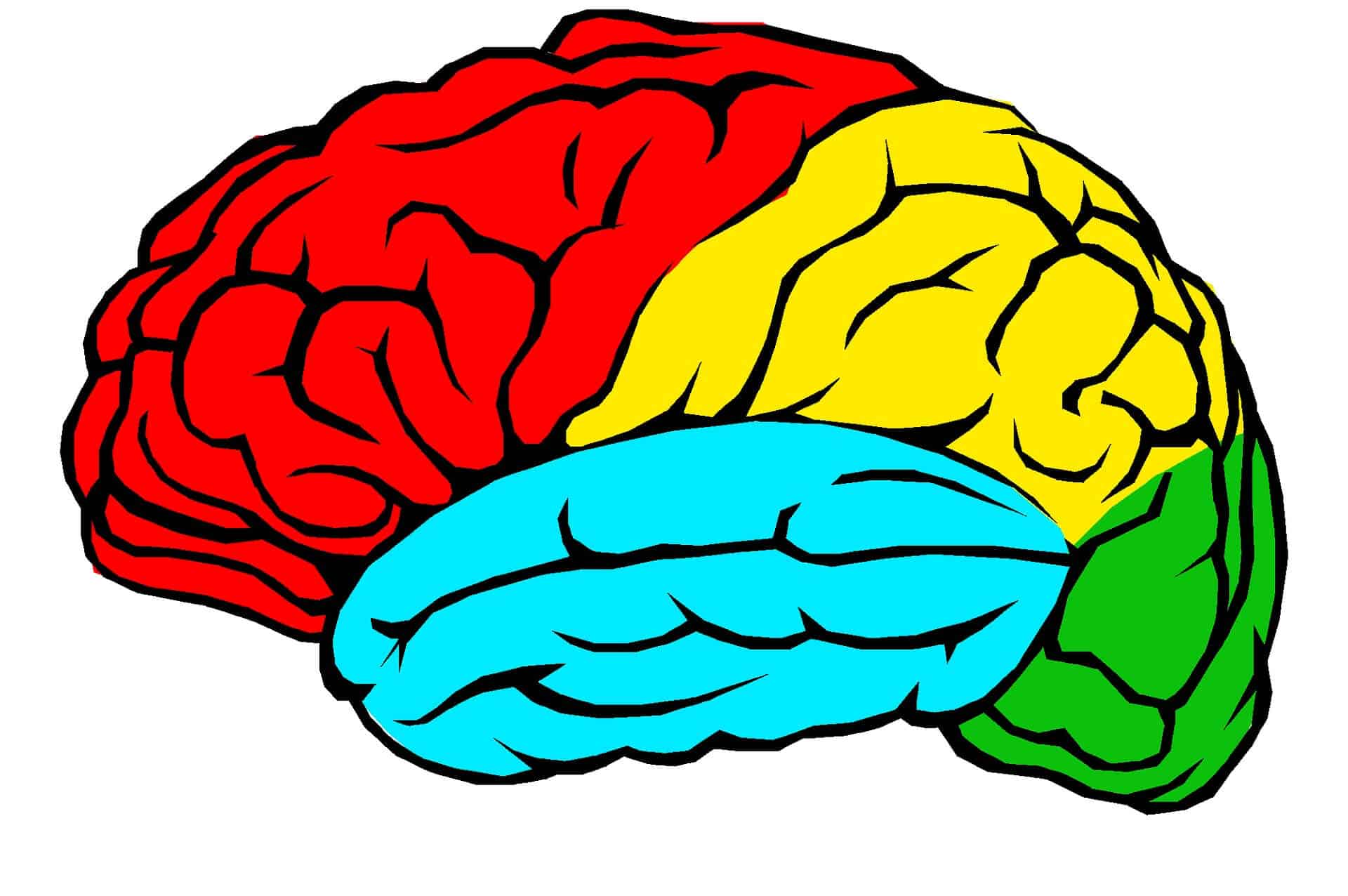There are health benefits of fish you might not be noticing.
Not only is fish packed with protein, but it also contains other important nutrients like vitamin D.
Fish it also an excellent source of omega-3 fatty acids, which your brain and body need.
Need more convincing? Below are ten health-related benefits of fish.
Fish Benefits Growth and Development
Fish contain lots of omega-3 fatty acids, which are necessary for growth and development.
Studies posted by the Pharmacological Research and the Journal of Nutrition show that the omega-3 fatty acid docosahexaenoic acid (DHA) is essential to brain development in infants and that it improves the ability to learn.
Research published by Lipids also indicates that DHA is also necessary for proper development of the eye.
In general, pregnant women should avoid eating big fish that are predatory, like shark, king mackerel, and swordfish. They should also avoid uncooked fish, such as sushi.
The FDA recommended that pregnant women eat between 8 and 12 ounces, or 2 to 3 servings of fish to receive the benefits, as stated by Mayo Clinic.
Benefits of Fish and Essential Nutrients
Fish contains nutrients most people don’t get enough of, like high-quality protein, iodine, and some vitamins and minerals.
While all fish is good, some kinds of fish are better for you than others.
Fatty fish like trout, salmon, tuna, and mackerel are considered better for you because they are high in necessary fat-based nutrients.
One of the nutrients fatty fish supply is vitamin D, a nutrient that many people are lacking, as claimed by the Journal of Steroid Biochemistry and Molecular Biology.
WebMD says that Vitamin D is essential for healthy bones and evidence also supports the role of vitamin D in optimal health
Fatty fish also contain more omega-3 fatty acids, than other kinds of fish. Omega-3 fatty acids are very important to brain function.
To ensure you’re getting enough omega-3, health professionals recommend eating one or two servings of fish per week. One serving is equal to 3.5 ounces of fish.
The Bottom Line: Fish is an excellent source for many of the nutrients you may be missing, such as vitamin D and omega-3 fatty acids. Fatty fish are the best source of vitamin D and omega-3 fatty acids.
Improving Mood by Eating Fish
There’s evidence showing the use of Omega-3 fatty acids helps improve mood, as stated on studies published by Oxidative Medicine and Cellular Longevity, WebMD, and the Journal of Clinical Psychiatry.
Benefits of Fish and Vitamin D
The importance of vitamin D to one’s wellbeing bears repeating.
Vitamin D is incredibly important to the body because it helps your body to absorb calcium.
Sadly, 41.6% of Americans don’t get enough vitamin D, as stated in a study posted by Nutrition Research.
Fish are one of the best dietary sources of vitamin D. In fact, 3 ounces of wild-caught salmon contains 425 International Units (IU) of vitamin D compared to the 42 IU found in beef liver, which is also considered a good source of vitamin D.
The body can also gain vitamin D from sunlight, but with the use of sunscreen, you may be unable to get enough vitamin D from sunlight alone.
If you don’t currently get enough vitamin D from exposure to the sun and if you don’t eat fish regularly, you can also get vitamin D from some fish oils, such as cod liver oil.
The Bottom Line: A large number of Americans aren’t getting enough vitamin D. Adding more fatty fish to your diet can help ensure that you get enough of this essential vitamin.
Benefits of Fish and Brain Health
As we age, our brains undergo changes. Research posted by the Archives of neurology and the American Journal of Clinical Nutrition shows eating fish benefits brain functionality.
One of the reasons fish benefits brain function by affecting gray matter; the tissue responsible for memory and cognitive function.
A research reported by Medical Daily showed a connection between eating fish and improved brain functionality.
The Bottom Line: Fish benefits brain function.
Fish Benefits Sleep
Sleep issues are a common problem all around the world.
While there may be many causes of sleep issues, new evidence suggests that a lack of vitamin D could be linked to sleep issues, as claimed by a research posted by the Medical Hypotheses.
Another study published in the Journal of Clinical Sleep Medicine involving 95 men that lasted six months showed that eating salmon three times per week improved both sleep and the ability to carry out daily tasks.
The Bottom Line: Adding fish to your diet may improve the quality of sleep.
Fish Benefits Heart Health
Fish is considered a heart-healthy food. In fact, the American Heart Association recommends a person to eat fish twice a week to improve your heart health.
Studies published by the Clinical Nutrition and the Public Health Nutrition have shown that people who eat fish often have a lower health risks.
Omega-3 fatty acids are heart healthy, according to Mayo Clinic.
The Bottom Line: Omega-3 fatty acids may help reduce health risks
What Users Are Saying
“The main benefit of seafood is the high levels of omega 3 (specifically EPA & DHA). There is good evidence that it’s the ratio of omega 3 to omega 6 that is most important, not the absolute intake of omega 3. A person can get a very good ratio of O3 to O6 without eating seafood. It requires one to avoid foods high in Omega 6 like vegetable oils and chicken. A diet of beef and broccoli for instance has an excellent ratio of O3 to O6.”
“I would say no to eating fish everyday. Only because of heavy metals and toxins. As for which kind, I personally would go with salmon, but thats more of an subjective thing.”
“Sardines are high in the major minerals such as phosphorus, calcium, potassium, and some trace minerals such as iron and selenium. Sardines are also a natural source of marine omega-3 fatty acids like Salmon which is also amazing source of protein and Vitamin D.”
The Bottom Line on the Benefits of Fish
Adding fish to your diet could make a difference in your health.
10 Health-Related Benefits of Fish Questions & Answers
- Recent:
It is generally considered safe to eat fish every day, provided that it is part of a balanced diet. Eating fish provides health benefits such as the omega-3 fatty acids they contain and the essential vitamins and minerals they provide. However, certain types of fish may contain contaminants or high levels of mercury, which can be dangerous when consumed in large quantities. It is important to speak with a healthcare provider before making any dietary changes.

Summer Banks has researched over 5000 weight-loss programs, pills, shakes and diet plans. Previously, she managed 15 supplement brands, worked with professionals in the weight loss industry and completed coursework in nutrition at Stanford University.






